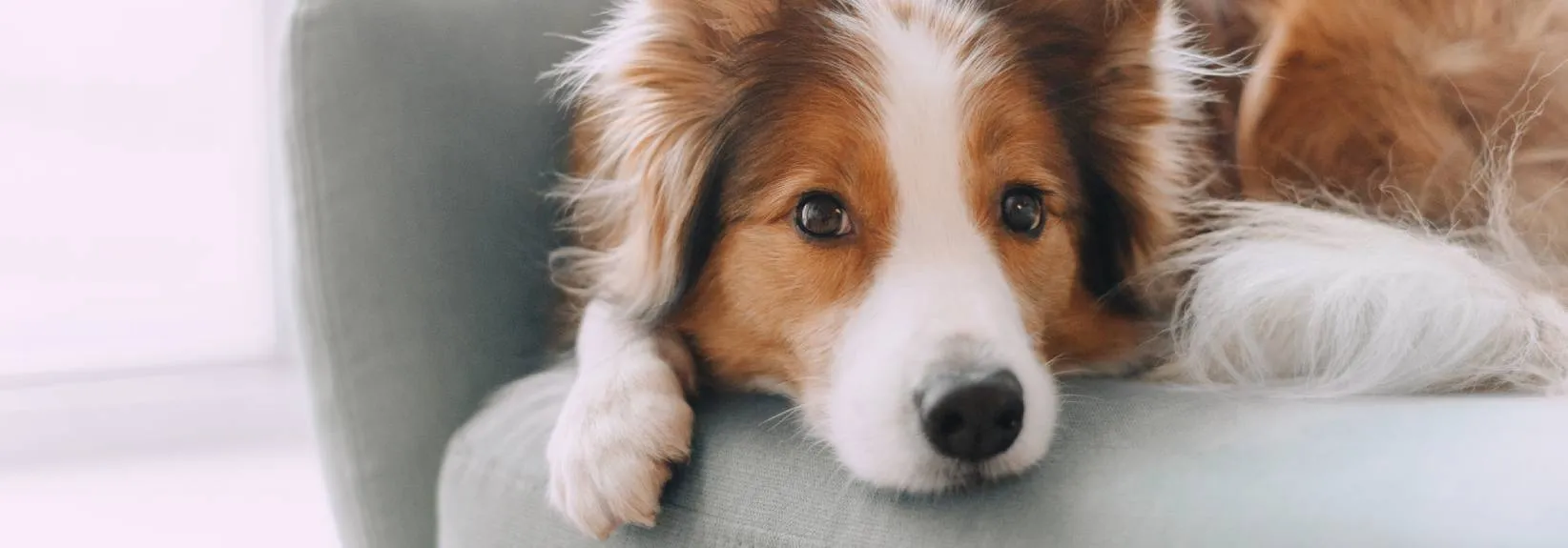What Can Animal Hair Do to My AC Filter?
Pets can be found in millions of homes. In fact, pets are usually considered part of the family, and we want to {have them around for many years|keep them well-cared for.
Annoyingly, pet hair can be a constant struggle as it affects your air conditioning system. But with routine maintenance, you can ensure adequate airflow and protect your cooling system from harm.
How Do AC Air Filters Work, and Why Are They Important?
A filter is an important part of any forced-air HVAC system. It captures airborne particles, such as dust, pollen and pet hair, stopping them from spreading through the ductwork. There is lots of variety in the materials they use to accomplish this, including fiberglass, pleated and electrostatic. Your filter’s effectiveness can be illustrated with its minimum efficiency reporting value (MERV), which is rated on a scale from 1 to 20, with higher ratings illustrating maximum efficiency.
The primary purpose of an AC filter is to protect the evaporator coil, blower motor and other delicate hardware from dirt and debris capable of damaging them. At sufficient efficiency, the air filter also improves indoor air quality by keeping particles out of your indoor air, which often contribute to allergies, asthma attacks and similar conditions.
How Does Pet Hair Affect Your HVAC System and Filter?
While animals are shedding, their hair becomes airborne and can eventually get into the HVAC system through the return air ducts. Without a filter installed, pet hair accumulates within the evaporator coil, blower motor, fan blades and other components, reducing their efficiency and life span. Hair can also become clogged with moisture found in the cooling system, creating a breeding ground for mold and bacteria that can generate foul odors and lower indoor air quality.
But even if you have an air filter installed, pet hair isn’t harmless. When return airflow reaches the main HVAC system, the filter captures the hair as it passes, keeping it from landing on sensitive cooling components. However, this clogs the filter more quickly than usual, decreasing airflow and increasing strain on the HVAC system. Without maintenance, you may experience higher energy bills and more frequent breakdowns.
What About Animal Dander?
Pet dander, which consists of small skin flakes and saliva particles, commonly exacerbates respiratory problems for those suffering from allergies or asthma. You need a filter with a high MERV rating to effectively capture and remove dander, which is much smaller than pet hair.
How to Care for Your AC System and Filter with Pets
Fortunately, it isn’t hard to protect the efficiency of your AC, even with pets living in your home. Here’s how:
- Change the filter regularly: Depending on the number of pets and the filter’s specific design, you should try to replace it after 30 to 90 days. Take a look at the filter each month and replace it when it starts to appear clogged.
- Clean your air vents and ductwork: Pet hair can accumulate on air registers and grilles, limiting circulation. You can clean them with the brush attachment on your vacuum cleaner as often as needed. Then, hire a professional to remove built-up pet hair, dander and dust inside your ductwork every few years.
- Keep pets well-groomed: Regular brushing and bathing is a great strategy for reducing pet hair. Brush your pets outside when possible and sweep the area when you’re done to stop hair from just drifting back inside.
- Consistently vacuum and dust: While it affects your HVAC system, pet hair can be found all throughout your home. A lot of it settles on surfaces around the house. Keep up a regular cleaning routine that includes vacuuming, sweeping, dusting and laundering your pet’s bedding.
- Don’t let debris collect near the outdoor unit: Central HVAC systems need an outdoor unit fixed to a concrete slab outside your home. Clear away any accumulated debris, like pet hair, grass clippings, dead leaves, and similar materials. This helps maintain consistent heat transfer for more efficient operation.
- Schedule regular maintenance: For best results, have a trusted HVAC technician inspect and maintain your cooling system once a year, preferably in the spring. They can find and resolve any small issues, clean key components and share advice on keeping your air conditioner running efficiently with pets.
Contact for Indoor Air Quality Services
When you’re tired of excess pet hair affecting your HVAC system and indoor air quality, consider for tailored solutions and top-notch customer service. We offer a range of indoor air quality products best suited for combating pet hair and dander, like high-efficiency air filtration, whole-house ventilation and air duct cleaning. We’ll do our best to maintain your HVAC system’s performance and energy efficiency. Enjoy the peace of mind that everything we do is backed by a one-year 100% satisfaction guarantee! To request indoor air quality services in North America, please contact today.



